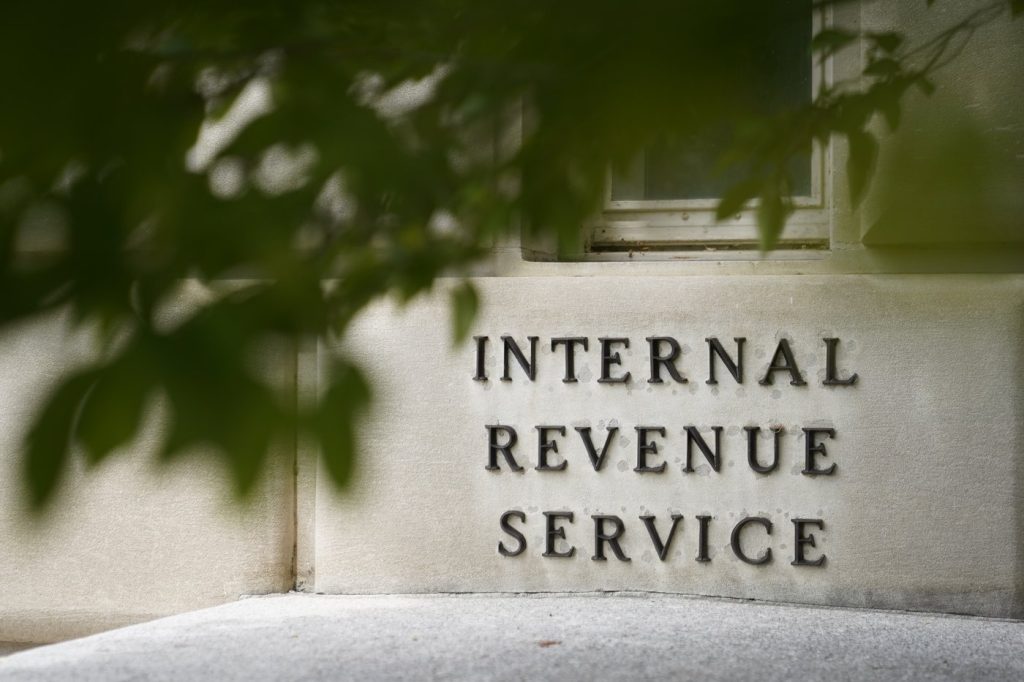WASHINGTON (AP) – Mia Francis, a 22-year-old barista from Boston, is among the first-time tax filers using the IRS Direct File program, a government initiative designed to simplify tax filings. Francis shared that completing her taxes took only 45 minutes thanks to the program, which significantly reduced the workload typically associated with tax preparation. She anticipates receiving a refund of $530, which she plans to use for a trip to Amsterdam this year.
While the IRS Direct File program has received positive feedback from users like Francis, its future remains uncertain. The program, which became permanent last year, has been introduced in 25 states as part of an effort to enhance taxpayer services. Despite Treasury Secretary Scott Bessent’s commitment during his January confirmation hearing to maintain the program for the current tax season, reports have surfaced regarding potential reorganizations within the federal bureaucracy, particularly involving Elon Musk and the Department of Government Efficiency.
Concerns have arisen among Republican lawmakers and commercial tax preparation firms, who argue that the IRS lacked congressional authorization to implement the Direct File system. They assert that existing free filing options, albeit more complex, already serve taxpayers adequately. The IRS first launched Direct File as a pilot program in 2024, following funding from the Inflation Reduction Act signed by President Joe Biden in 2022. In its initial tax season, the IRS processed 140,803 returns through Direct File in the 12 states where it was available.
Merici Vinton, a key architect of the program from the U.S. Digital Service, highlighted Direct File as a contemporary method for citizens to engage with government services. She emphasized the need for ongoing investment in the program to benefit both taxpayers and the IRS. In contrast, Derrick Plummer, a spokesperson for Intuit, one of the largest tax preparation companies, criticized Direct File as unnecessary and a drain on resources, suggesting it diverts focus from the IRS's primary responsibilities, such as data privacy and customer service.
Despite the criticisms, many taxpayers advocate for Direct File. Aquiel Warner, a 31-year-old from Austin, Texas, expressed her satisfaction with the program, stating that it allowed her to file her taxes in just 10 minutes. While acknowledging some privacy concerns, she feels safer filing her taxes through the IRS than with commercial companies, which she believes might exploit her personal data. Warner stated, “I have to file my taxes, and I don’t want to be put in a situation where, in order to file my taxes, I have to pay to get the help I need because I’m not a professional tax preparer.”
Former IRS Commissioner Daniel Werfel suggested that the program allows taxpayers the freedom to choose how they want to file their taxes, stressing the importance of maintaining various filing options, including Direct File. In contrast, Grover Norquist, president of Americans for Tax Reform, claimed that the IRS's implementation of Direct File did not receive explicit congressional approval, calling it an illegal expenditure.
Although Democratic lawmakers have urged the preservation of the Direct File program, there remains ambiguity regarding the future of the initiative amid discussions within the IRS. As notable tech figures like Musk impact federal technology projects, outcomes regarding Direct File may hinge on bureaucratic decisions yet to be made. Advocates for the program, including users like Francis, support its continuation, arguing it simplifies and modernizes tax filing for the younger generation, thus making a significant difference for many individuals navigating their tax responsibilities for the first time.










